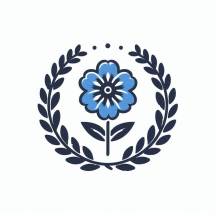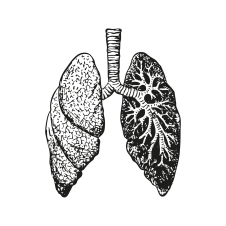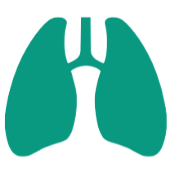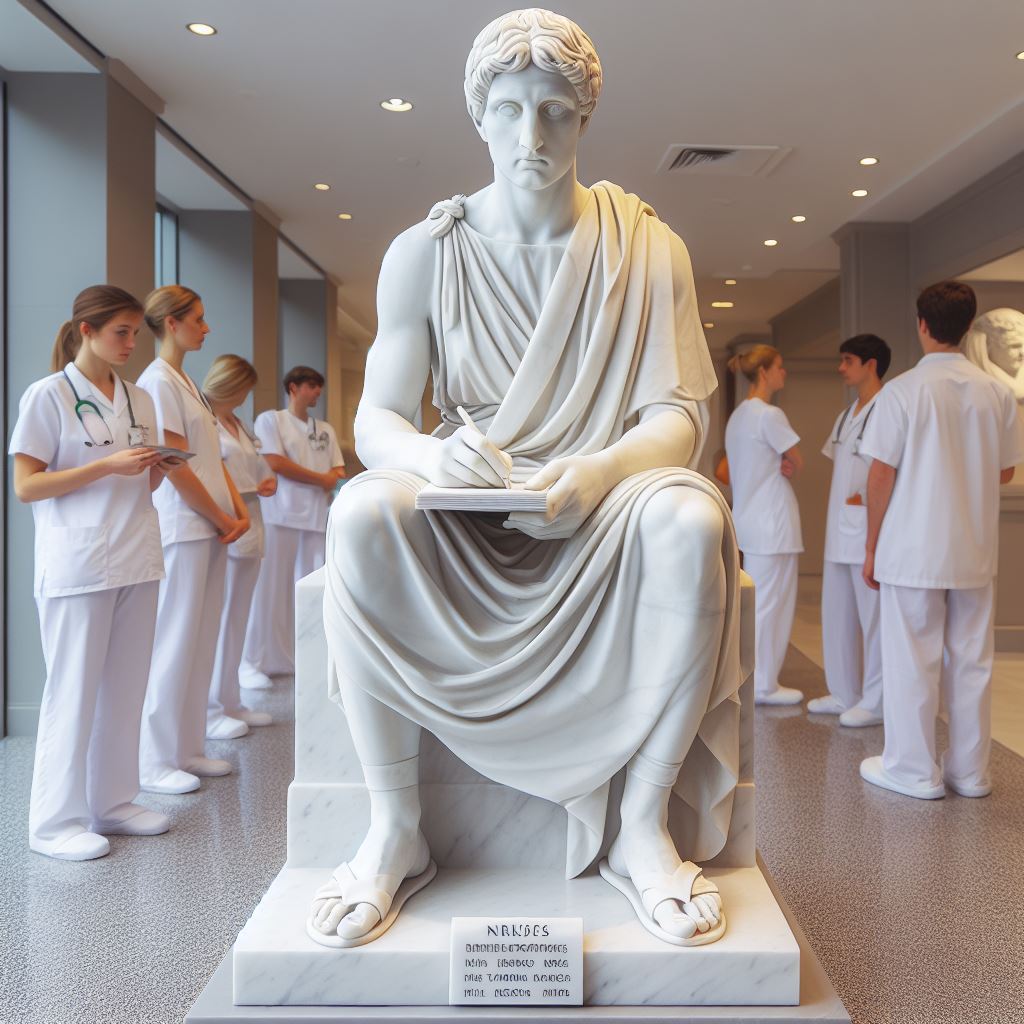The Stoic Nurse: What is this?
The Stoic Nurse is an expression of meaningful correlations between stoicism and nursing, promoting improvements of self-care and human interactions, and ultimately extracting joy throughout life. Also, an effort to create community and beneficence through collaboration and the embrace of knowledge both ancient, modern, and newfound.
… keep it simple, keep it clean…
Just as Florence Nightingale initially proposed whilst dutifully serving in Constantinople, five points were essential in achieving a healthful house: “pure air, pure water, efficient drainage, cleanliness, and light.” The Stoic Nurse aims to keep content concise and impactful, eventually expounding further as interested through community engagement and planned activities.
Why Stoicism and Nursing?
Sometimes we find meaning for a thing through the eyes of another, or in short, for perspective. For instance, combining the 9 core stoic beliefs with basic principles of nursing we come up with something like this;
- Acceptance: Just as Stoics recognize what is within and outside of their control, nurses meet a patient where they are, and work constrained within legal and ethical bounds.
- Resilience: Both Stoics and nurses face adversity head-on, whether it’s for personal growth or the care of others.
- Mindfulness: Nurses often endure long shifts, high emotions, and physical demands; their dedication to well-being requires a presence of mind—a principle deeply rooted in Stocism.
- Moderation: Stoicism’s call for balance echoes in the professional conduct and ethical standards nurses uphold.
- Advocacy: Nurses advocate for patients’ rights and access to care, similarly stoicism would advocate for well-being of community and shared values amongst a populace.
- Amor Fati: love of fate, a stoic principle aligns with the nursing perspective of finding meaning and purpose within every patient encounter.
- Emotional Detachment: Detachment from external events can be required to keep a degree of impartiality whilst practicing empathy. And, both practices value continuous self-reflection and improvement. Nurses require ongoing professional development aligning with the Stoic idea of self-examination.
Nursing and Stoic principles, when combined, can enhance ones ability to provide compassionate patient-centered care whilst maintaining personal well-being in the face of the challenges inherent in healthcare.
“Everything we hear is an opinion, not a fact. Everything we see is a perspective, not the truth.” - Marcus Aurelius
What would you like to see from this effort? What would you like to learn more about?







